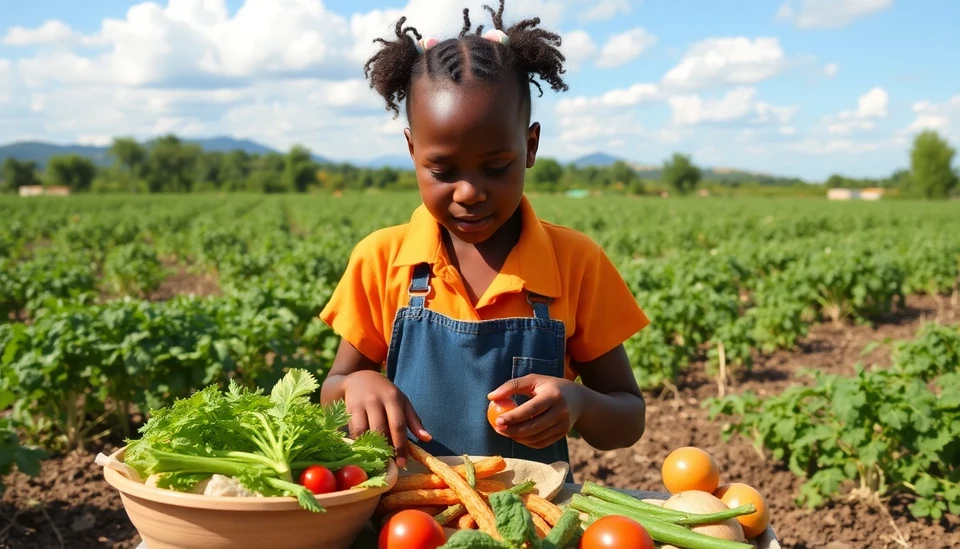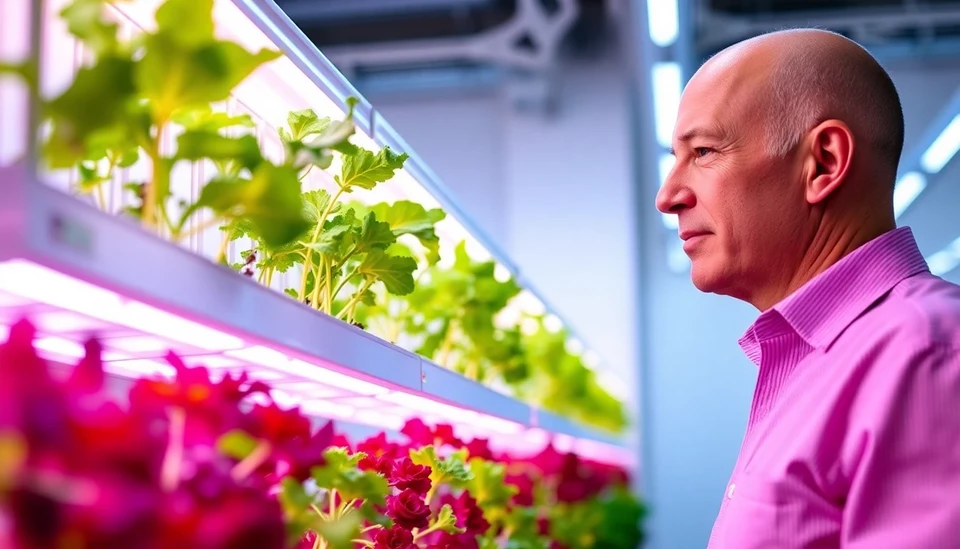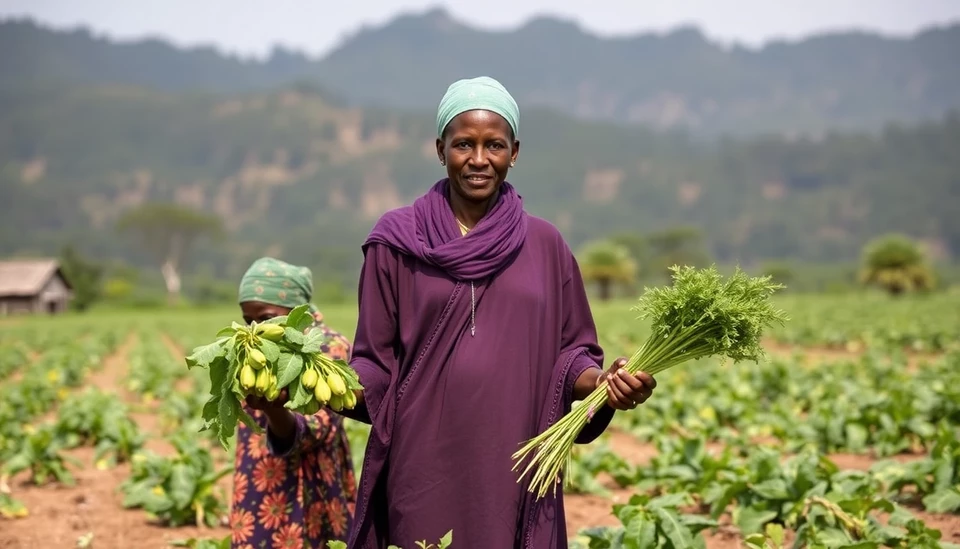
In a bold initiative aimed at revolutionizing the way children experience food in schools, several countries are adopting innovative policies that not only enhance the quality of school meals but also promote environmentally friendly farming practices. This movement stems from a growing recognition of the critical role that nutrition plays in children's development, as well as the urgent need to pivot towards more sustainable agricultural techniques that tackle the looming threats of climate change and food insecurity.
The push for healthier school meals is eliciting a positive response from students and communities alike. These meals prioritize fresh, locally sourced ingredients, often emphasizing the importance of understanding where food comes from and the impact of farming methods on the planet. With the integration of these practices into school curriculums, the initiative educates young people on sustainability and nutrition simultaneously.
Countries leading this charge are witnessing a remarkable shift toward green farming methods. Programs that encourage schools to partner with local farmers are becoming the norm, promoting seasonal and organic produce in the cafeteria. This not only supports local economies but educates students about the benefits of eating seasonal foods and understanding local ecosystems.
In addition to promoting health and sustainability, this initiative seeks to address food inequity by ensuring that children from all backgrounds have access to nutritious meals at school. The incorporation of food education into school programs is equipping children with the knowledge necessary to make healthy choices throughout their lives. By emphasizing the connection between diet, health, and the environment, schools are fostering a generation of informed consumers poised to advocate for better food systems.
The implications of this initiative extend beyond the classroom as schools serve as foundational pillars within their communities. By embracing these dietary changes, schools become catalysts for broader societal shifts towards sustainability. Communities are encouraged to support these efforts, building a food system that prioritizes the health of both people and the planet.
The positive responses thus far suggest that such initiatives could reshape the landscape of global food systems, making sustainable practices more prevalent while instilling healthy eating habits in the younger generation. As schools transform into spaces that celebrate and promote better food choices, the potential for long-lasting change becomes evident.
As this movement grows, advocates call upon more nations to adopt similar policies that encourage sustainable agriculture at the institutional level. The hope is to inspire a global commitment to not only improve children's nutrition but also to secure the future of our agricultural practices.
The conversation surrounding school meals and their impact on sustainability is just beginning. As communities rally behind the need for healthy, environmentally friendly food, the stage is set for a profound transformation in how we approach food education and agricultural practices around the world.
#SustainableAgriculture #SchoolMeals #HealthyEating #FoodEducation #GreenFarming #NutritionAwareness #FoodEquity #LocalFarming
Author: Rachel Greene




